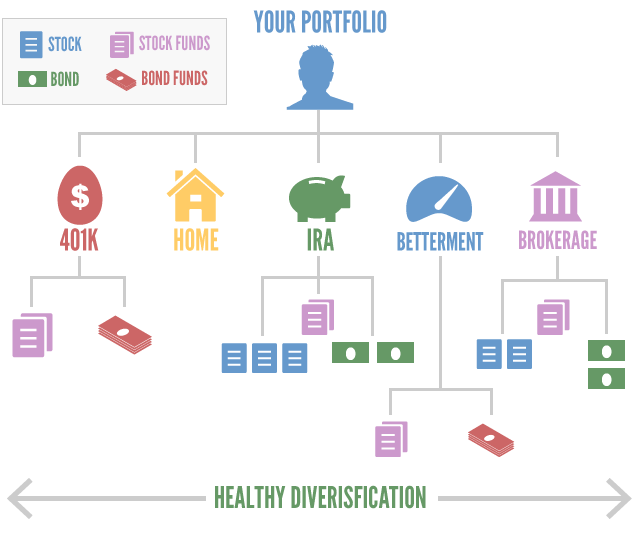If the idea of purchasing the stock exchange scares you, you are not alone. Individuals with very restricted experience in stock investing are either horrified by horror stories of the typical financier losing 50% of their portfolio valuefor example, in the 2 bearish market that have already happened in this millennium or are seduced by "hot ideas" that bear the pledge of huge rewards however hardly ever settle.
The truth is that purchasing the stock exchange brings risk, however when approached in a disciplined manner, it is one of the most efficient methods to develop one's net worth. While the worth of one's house normally accounts for most of the net worth of the average individual, the majority of the upscale and really rich generally have most of their wealth invested in stocks.
Key Takeaways Stocks, or shares of a business, represent ownership equity in the company, which offer investors voting rights in addition to a Learn here residual claim on business earnings in the kind of capital gains and dividends. Stock markets are where specific and institutional investors come together to purchase and offer shares in a public venue.

An individual or entity that owns 100,000 shares of a company with one million impressive shares would have a 10% ownership stake in it. The majority of business have impressive shares that face the millions or billions. Common and Preferred Stock While there are 2 main kinds of stockcommon and chosenthe term "equities" is associated with common shares, as their combined market price and trading volumes are numerous magnitudes bigger than that of favored shares.
Preferred shares are so named because they have choice over the typical shares in a company to get dividends along with possessions in the occasion of a liquidation. Common stock can be more classified in terms of their voting rights. While the fundamental premise of typical shares is that they need to have equal voting rightsone vote per share heldsome companies have dual or multiple classes of stock with various voting rights connected to each class.